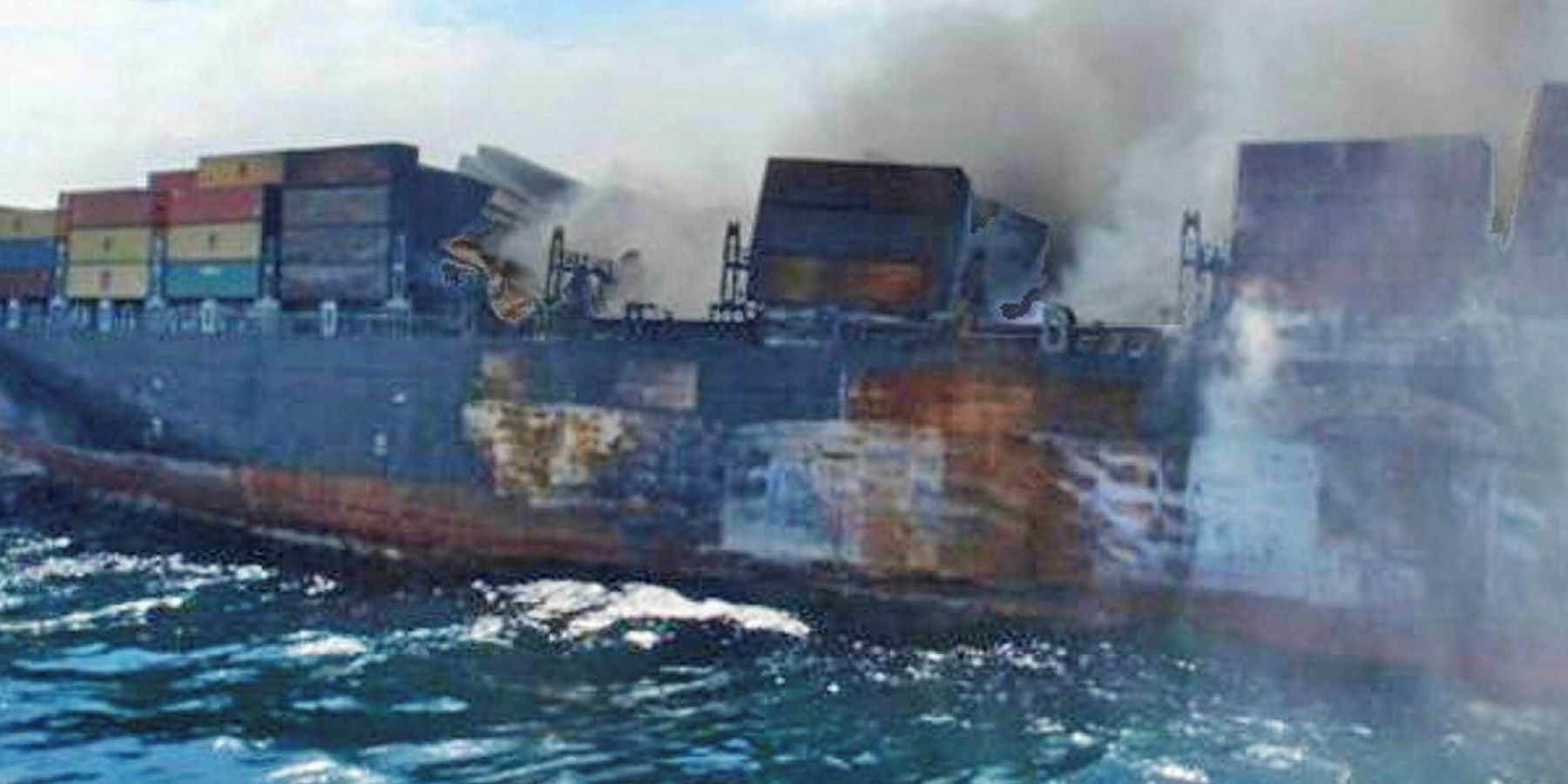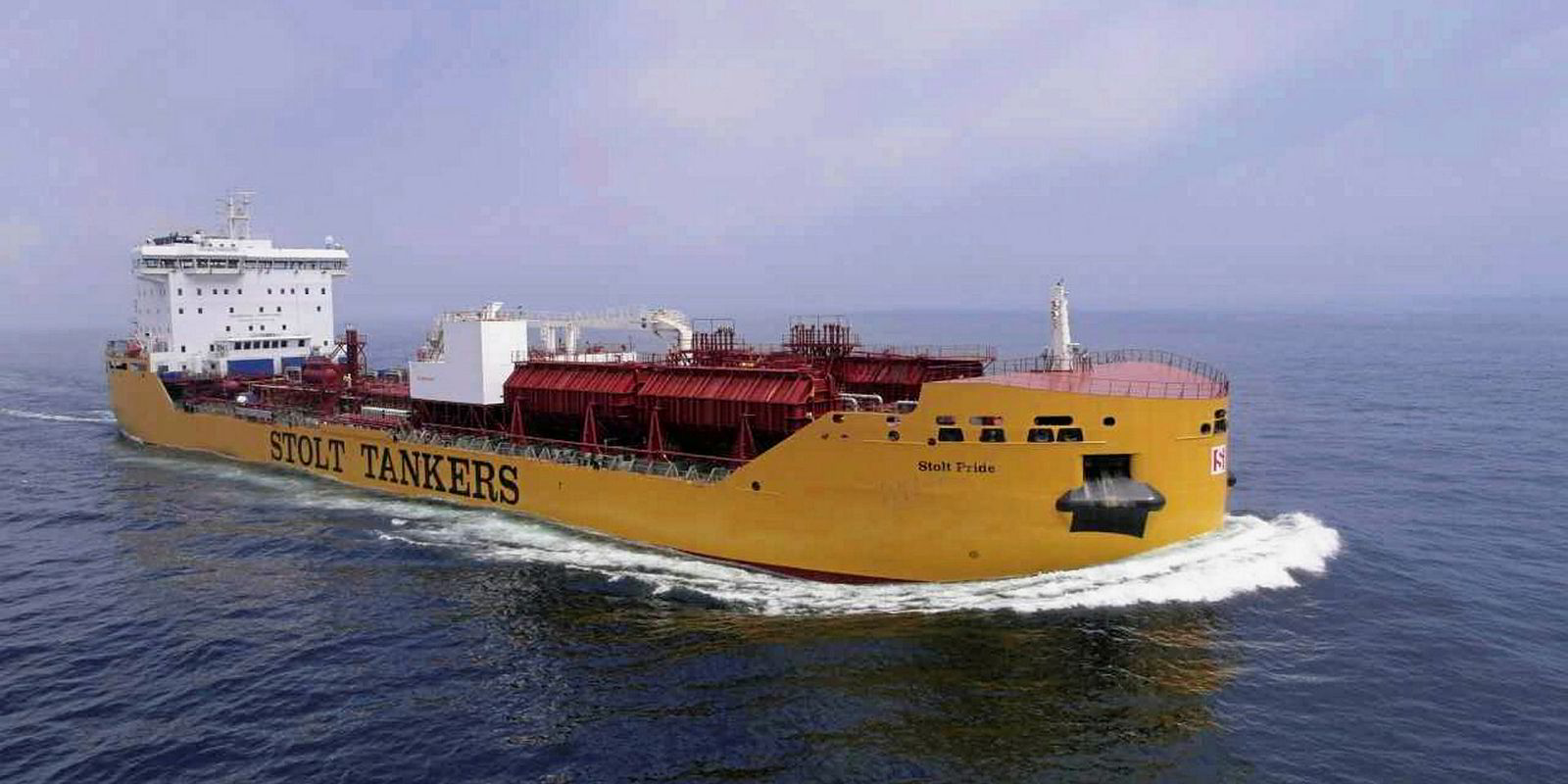Stolt-Nielsen's Stolt Tank Containers (STC) is considering its next move after saying it disagrees with a ruling in the US finding it liable for the fatal fire on MSC Flaminia.
STC told TradeWinds: "We were disappointed and disagree with the ruling that found fault for the casualty rested solely with our customer, Deltech, and us, Stolt Tank Containers, in our capacity as the shipper of record of the subject cargo of dangerous goods."
The "unfavourable" decision was handed down on 10 September in the southern district of New York, and arose from the fire and explosion that occurred on the containership on 14 July, 2012, which killed three crew and crippled the ship.
"We are continuing to work together with our lawyers and underwriters on this matter and as the lawsuit is ongoing we are unable to comment further at this time," STC added.
Stolt-Nielsen and chemicals manufacturer Deltech bear full legal responsibility for the accident that has resulted in an estimated $280m liability, a US federal judge ruled.
Deltech was found 55% liable for the incident and Oslo-listed Stolt 45% in a 122-page ruling by US district judge Katherine Forrest.
Three other parties in the bitter legal fight have been cleared of any liability in the fire.
MSC and Conti cleared
These include the charterer, Swiss liner giant Mediterranean Shipping Co; the vessel’s owner, Germany’s Conti; and technical manager NSB Niederelbe.
The long-running trial may now proceed to a third phase if an upcoming mediation process does not resolve remaining damage issues, the decision indicates.
Louisiana-based Deltech manufactured the cargo — the chemical divinylbenzene (DVB) — and STC booked the voyage aboard MSC Flaminia and trucked the DVB to New Orleans Terminal.
The ruling said STC “possessed extensive information” regarding the heat sensitivity of the DVB, yet failed to pass along to MSC such information about the contents to be carried in three cargo tanks, the court found.
It was also found responsible for arranging loading of the DVB into containers “earlier than it should have,” and arranging for their transport to the terminal, “even though it had a reasonable basis to anticipate that the tanks would sit stagnant for a number of days.”
In conclusion, Forrest found that “Stolt’s actions were a significant contributor to the conditions that allowed for additional heating of the DVB and thus the conditions that led to auto-polymerisation.”





